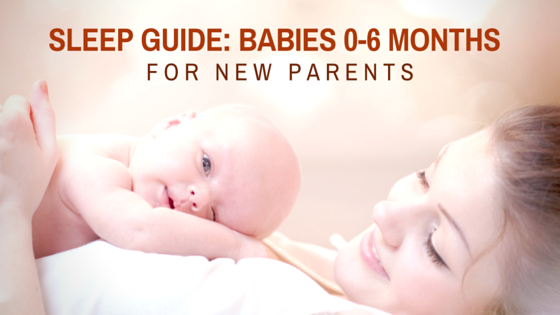
Sleep schedule needs to be split for specific ages as the first 6 weeks are all about brain growth and the baby feeds a lot, so they may have very short, one cycle sleeps and may sleep for an hour and feed for an hour. After this the next 6-12 weeks a baby will start to stay awake a little longer, around 90 min which includes feeding and then sleep for 90 minutes.
Not every baby falls naturally into these patterns and may start to need some assistance and guidance. They do not have the knowledge of time and they often confuse day and night.
Enough sleep in the first 12 weeks can be 16-18 hours, split into a 12 hour night and 4-6 hours during the day. After 12 weeks day sleep is mostly around 4 hours, while once they reach 6 months they drop down to 2-4 hours during the day. As the baby develops, they will recognise the change in times and will thus sleep less during the day and more at night. It is important to note, however, that the babies require feeding at least 2 to 3 times a night, up till 6 weeks, and at least twice a night up until 12 weeks, they will only drop to one night feed after 12 weeks. Five straight hours of sleep is often referred to as ‘through the night’ sleeping.
Preparing the Babies 0-6 Months to Sleep
It takes a keen mother to learn the signs that a baby is tired and needs resting. You should watch the child while they are playing and in the minutes before they sleep. This will help you recognise the signs to help your baby to achieve sleep when necessary. Common signs that your baby is tired and needs to sleep include hiccuping, sneezing, blinking, rubbing its eyes, random and jerky movements and crying. Young babies are mostly relaxed and sleepy after each feeding.
Mothers can initiate a bedtime pattern that may include feeding, bathing and some form of singing, or a story for the child. Some babies aged 0-6 months, tend to be more alert during the evening and at night – when the environment is quiet rather than during the day when they are involved with lots of playing. As the babies grow more towards six months, they have more play time during the day and they get to learn more from their surroundings. They are more in touch with the environment and they have less time to play at night as they are tired. The time they sleep at night will continue increasing compared to the time they sleep during the day.
Getting Your Baby to Sleep
You should put your baby on their back to sleep. When a baby is tired, they prefer being placed in the cot while awake and then they will learn to sleep on their own. Babies have preferences in terms of the environment they sleep in; some will sleep well in noisy places and others will sleep well in dark and silent places. The changing seasons like winter or summer may also affect how well your baby sleeps. You have to watch your baby to know what it wants.
To settle your baby to sleep:
- Have constant noise like humming or family conversations or even singing which relaxes the baby to sleep. You can also try vibration noise, often called white noise and see if it works for your baby.
- Most babies enjoy stretching their arms out after 8-12 weeks.
- Do not put a hat on your baby to sleep at night.
- Settle baby in the cot on their back or side, use patting or rocking and as you slow down they will calm. This relaxes them to sleep.
- Rock the baby in its pram or crib for some time and let him sleep. Try to avoid rocking in your arms. Babies under 6 months prefer when the mother or carer stays with them before sleeping.
- Check that the room temperature is cool before you leave. You can regulate the babies clothing and covers to ensure that your baby is comfortable. You should also ensure the baby is not wrapped too tight and can move their arms.
- Some babies 0-6 months may prefer sucking a dummy while other like a massage before sleeping.
- Ensure that you follow a similar sleeping pattern every day or night, this will help your baby get used to the pattern quickly.
- A soothing voice and calm talking works miracles in getting babies 0-6 months to sleep.
{{cta(‘2543bfe6-0f99-4a45-b018-e21d2b178783’)}}


